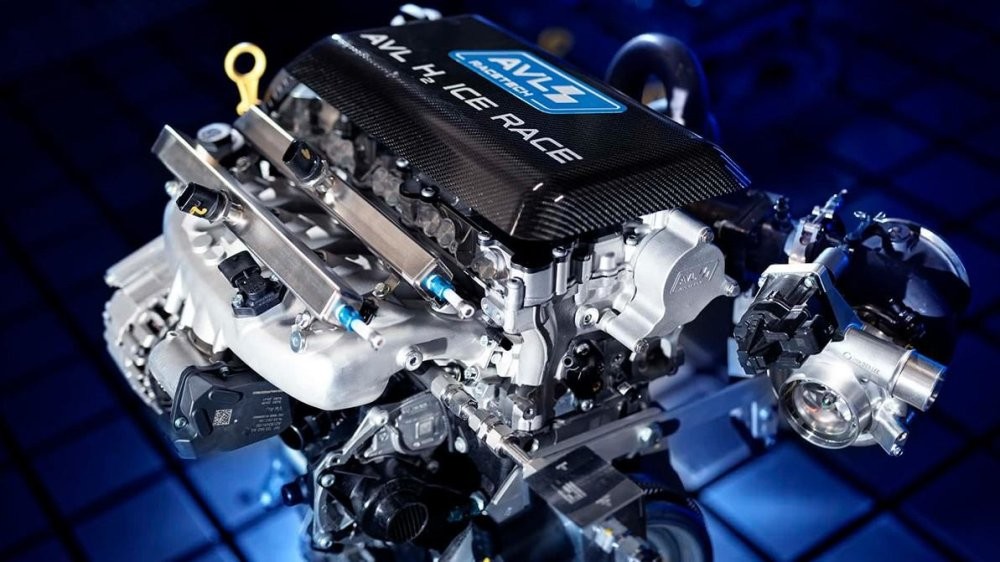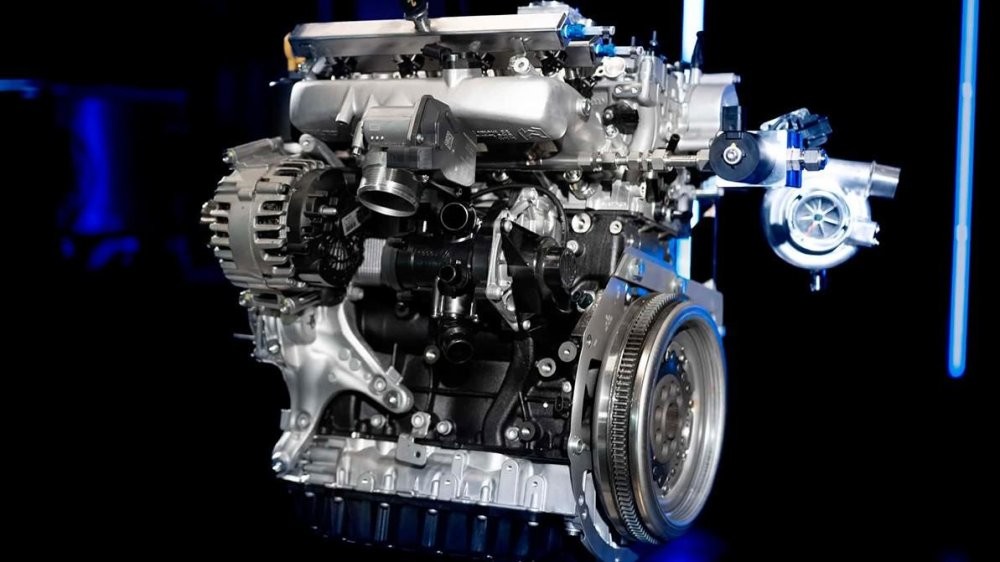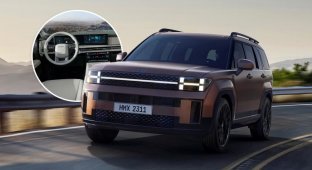The Austrians have developed a compact hydrogen turbo engine (2 photos)
The Austrian company AVL, in collaboration with the Hungarian laboratory Humda Lab, has developed a compact and powerful hydrogen turbo engine, designed for motorsport, but if there is interest, it can be installed in regular cars in the future. The performance of the 2-liter engine reaches 410 hp. 
Modern hydrogen cars are actually the same as electric cars, only electricity is taken not from an external source via a wire, but from a tank with compressed hydrogen - the gas, passing through the fuel cells and mixing with oxygen, generates electricity. The combustion process does not occur, and only water vapor remains as an exhaust. The essentially progressive scheme is also a limiting factor, since expensive platinum is used for the production of fuel cells. Add to this the underdeveloped infrastructure of special gas stations and the increased risks of storing and transporting an extremely explosive gas, which is hydrogen - remember the Hindenburg disaster.
Based on the above considerations, the world's automakers and the authorities of developed countries seem to have finally decided on the direction in which the process of decarbonization of transport will go - this is evidenced by the multiple increase in the production of electric vehicles. However, the end has not yet been set; the construction of various hydrogen power plants continues everywhere, and the process of their improvement is also underway. 
The prototype of a 2-liter hydrogen-powered internal combustion engine, presented recently by AVL, made it possible to achieve complete combustion of fuel by installing a turbocharger, thereby eliminating unwanted premature ignition of a lean gas-air mixture. On the test bench the unit developed 205 hp. With. specific power per liter of volume with a maximum power of 410 hp. With. at 6500 rpm. At an operating frequency from 3000 to 4000 rpm, the torque was 368 Nm.






























